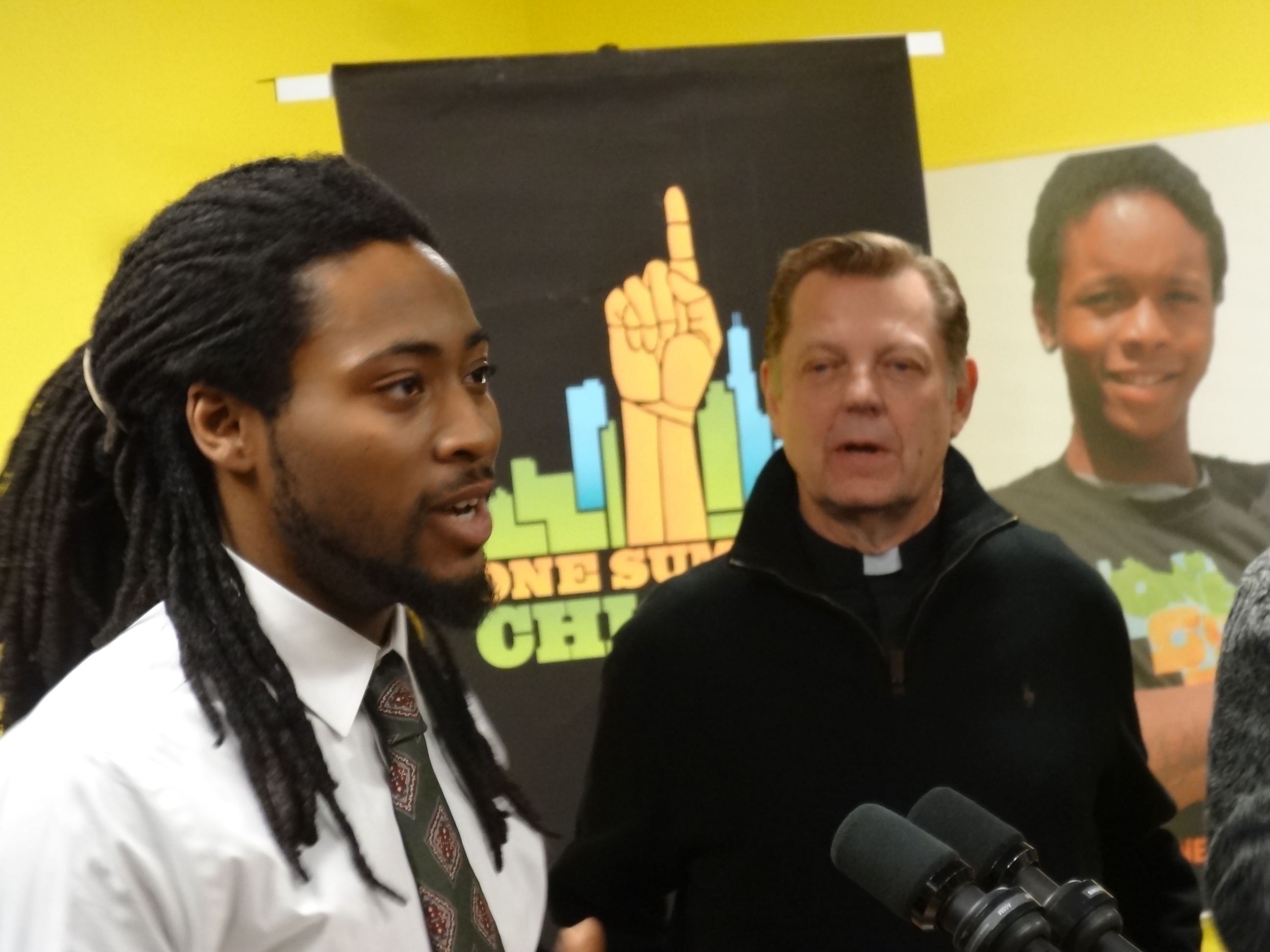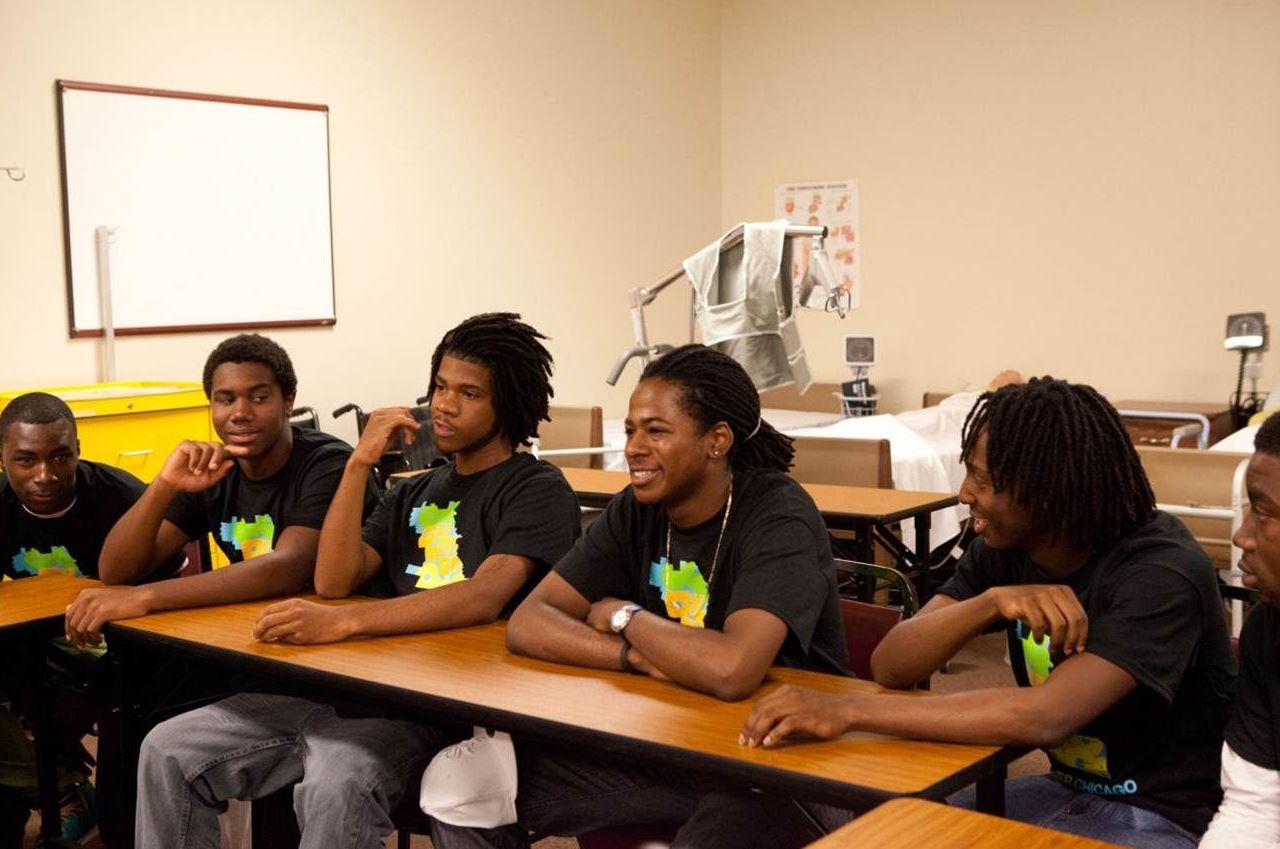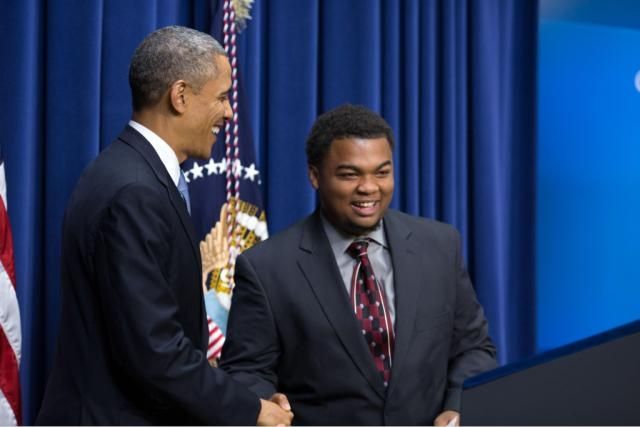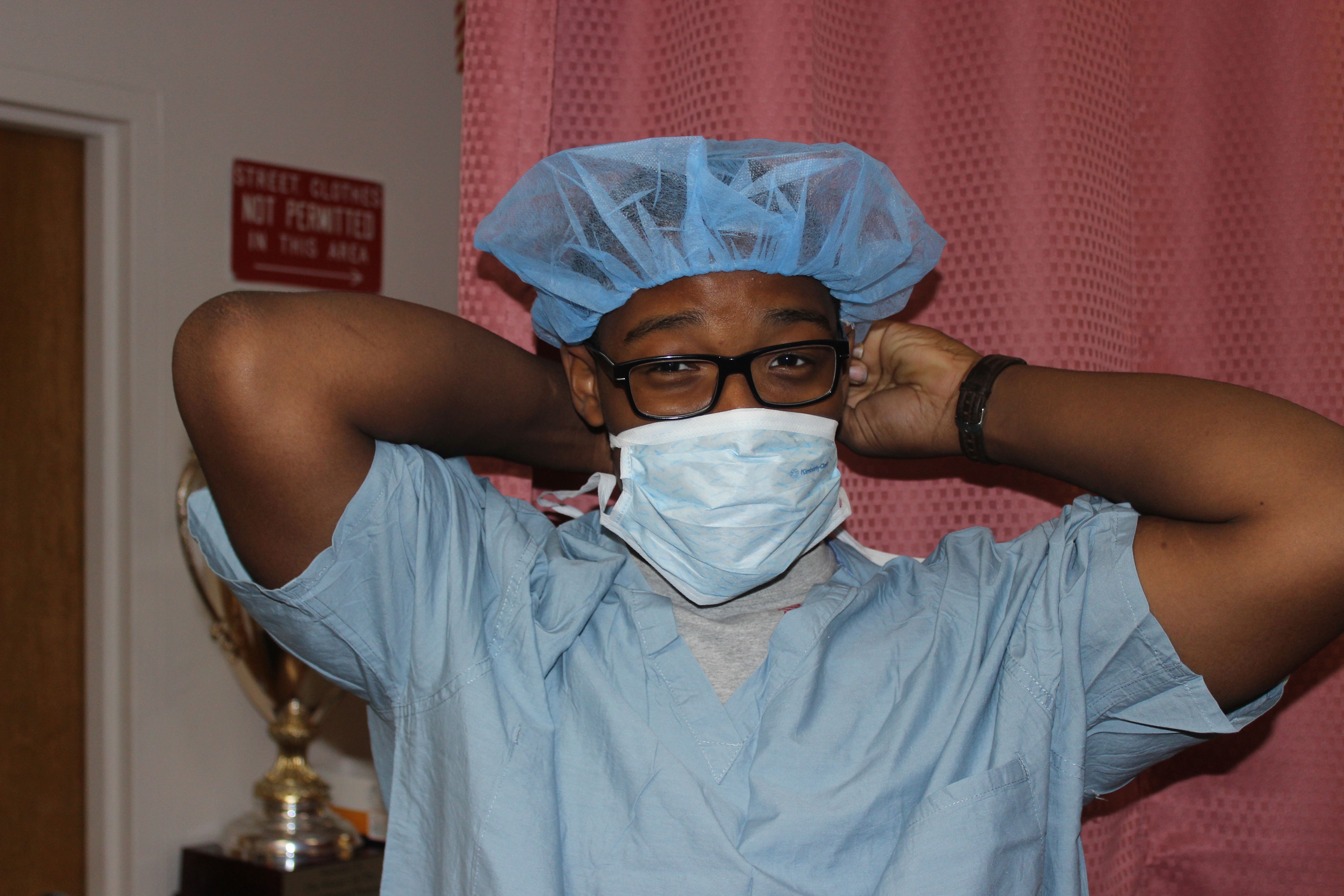ONE SUMMER LASTS A LIFETIME IN CHICAGO
by Carrie Nathans
"Nothing stops a bullet like a job" is a saying heard often in Chicago, Ill., where one antiviolence effort is connecting at-risk and disadvantaged kids to real work opportunities.
One Summer Chicago (OSC) was established in 2011 by Mayor Rahm Emanuel and Cook County Board President Toni Preckwinkle. The program offered teens from some of Chicago's roughest neighborhoods a summer job. Of the 22,500 youths who participated in OSC last year, 1,000 participated in One Summer Chicago Plus (OSC+)—a more intensive program designed by the Chicago Department of Family and Support Services (DFSS) for justice-involved children and kids at risk of becoming involved with the juvenile justice system. From the get-go, an evaluation by the University of Chicago (U of C) Crime Lab was planned to measure the program's effect on violent crime arrests.
OSC+ offers services in addition to job placement, such as cognitive behavioral therapy (CBT) and mentoring throughout the school year. The idea, says Kathleen Hill, senior policy advisor for juvenile justice and youth violence prevention at the Chicago Mayor's Office, is to provide these services without singling out or embarrassing teens. "Counselors don't call themselves 'counselors,' " she says. "Therapists don't call themselves 'therapists.' " Though these may seem like nuances, how supportive services are labeled and referred to is important, as there's plenty of stigma and cynicism floating around high schools.
A summer job can do wonders for a teen's self-esteem and ambition, but 8 weeks of work alone can't address the gamut of issues many Chicago youths struggle with day to day: poverty, troubled or abusive families, the lure of drugs and alcohol, and challenges at school. Still, the job was the deal maker, Hill says.
"There is definitely a workforce training component to the program, but a lot of kids won't sign up for a résumé writing workshop unless there's a job attached. So we get them in the program, then teach them how to dress professionally, create résumés, engage with their boss, etc. There's a [tangible] benefit."




Clockwise, from top left: Glennell Fairley, an OSC+ success story (Credit: Phalanx Family Services);
youths come together for discussion (Credit: Phalanx Family Services);
President Obama and OSC+ 'star graduate' DeShawn Shepherd (Credit: City of Chicago);
youth in hospital scrubs (Credit: Phalanx Family Services).
The pairing of wraparound services with a job and paycheck proved to be a powerful one. A study by the U of C Crime Lab and University of Pennsylvania found a 43 percent reduction in violent crime arrests over 16 months (during the 8-week-long program and 14 months after the program had ended).[1]
For the study, 1,634 students (almost all African American) from 13 high-violence Chicago neighborhoods were assigned to a group in which they accepted a part-time summer job, a job plus CBT, or no job or therapy. About 20 percent had been previously arrested, and another 20 percent had been victims of a crime. Two groups—those who received jobs and those who received jobs combined with therapy—saw equal drops in violent crime arrests.
"It's simple," says Hill. "We want to stop youth shootings—one of the most pressing problems in Chicago. We believe kids at risk for becoming involved in violence have gone through difficult circumstances, so connecting these services with therapy and a glimmer of economic opportunity can be a spark."
Mary Ellen Messner is deputy commissioner of the Youth Services Division at DFSS. "One Summer Chicago is more than a summer job," she says. "It is the opportunity for young people across the city to experience different work settings, interact closely with professionals, work on projects to reduce violence, enhance green industry, and leverage technology for social change while working side by side with other youth. [It] offers youth the chance to change the game."
The majority of opportunities are for people 14–24, to work as camp counselors, community gardeners, and office assistants. There are fewer jobs than applications (last year, OSC received 40,000 submissions)—not a problem as far as program interest goes—but the Mayor's Office wants every youth who signs up to have his or her shot at participating. The selection process for OSC is fairly simple, says Hill. Kids upload their résumés and fill out an application. For OSC+, outreach is more targeted. Disconnected kids and those at risk for becoming disconnected are sought out through schools and the justice system.
While many of these jobs really do end with summer's last days, some employers are offering kids a chance to stay on, with internships and full-time positions at city agencies, community-based organizations, and local businesses. "We absolutely encourage employers to consider youth as regular employees," says Hill. "Our goal is to have an even greater number of youths with [employable] skills."
After 8 weeks of summer work, most kids won't be ready for a full-time job. So the Mayor's Commission for a Safer Chicago—a Forum-supported project that in December published a 2015 strategic plan for youth violence prevention—is working with DFSS to define a more concrete pipeline for keeping youths employed after the program ends. There's also talk of carving out educational paths—reserving spots for program kids at city colleges and reconnecting students to high schools if they haven't graduated.
Going forward, OSC+ will continue to identify target populations and delineate levels of risk, Hill says. "We're refining what we know about employment programs to determine which kids need which doses of intensive services, and looking at key components that help kids stay connected."
|
|
|
